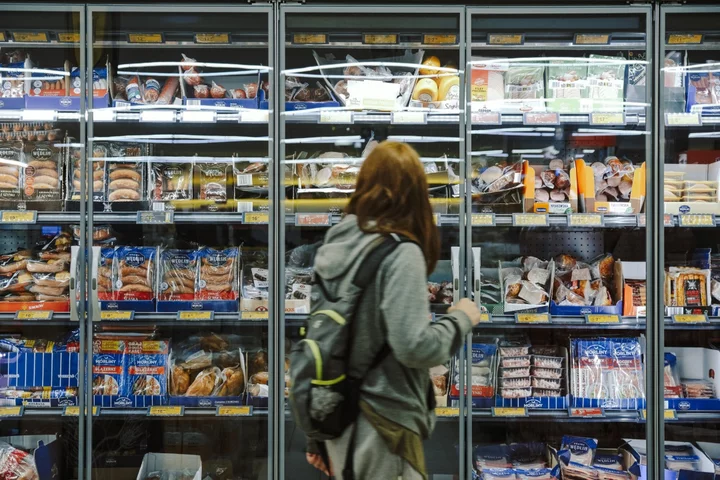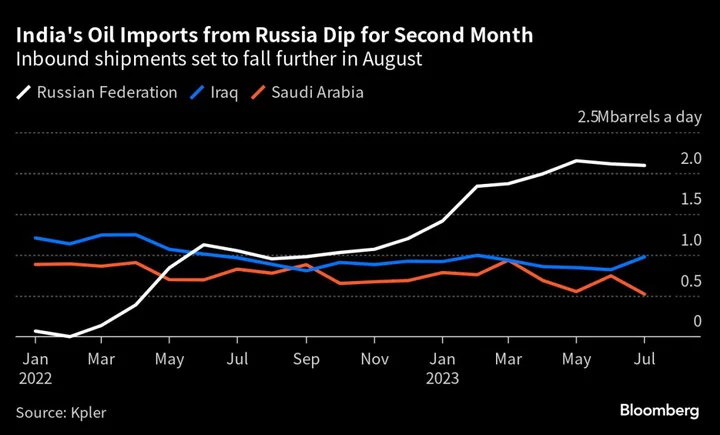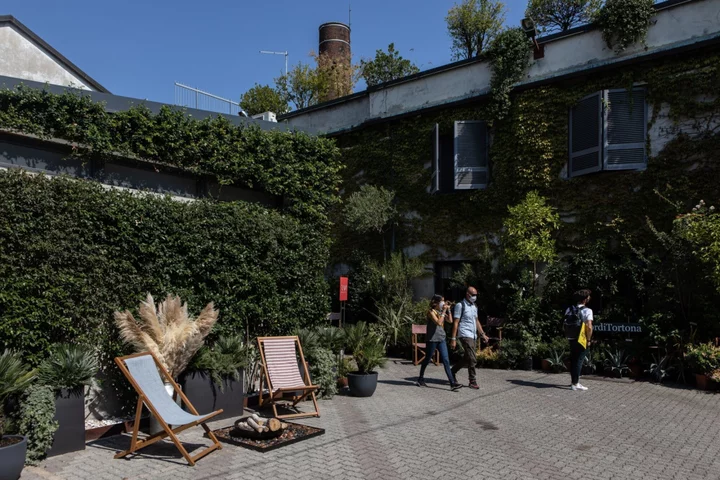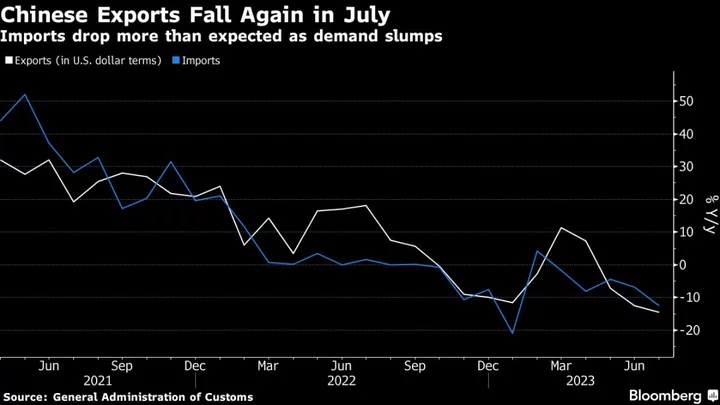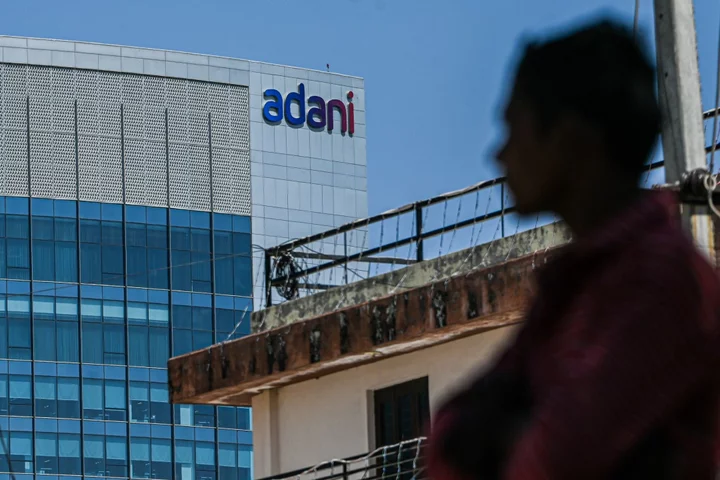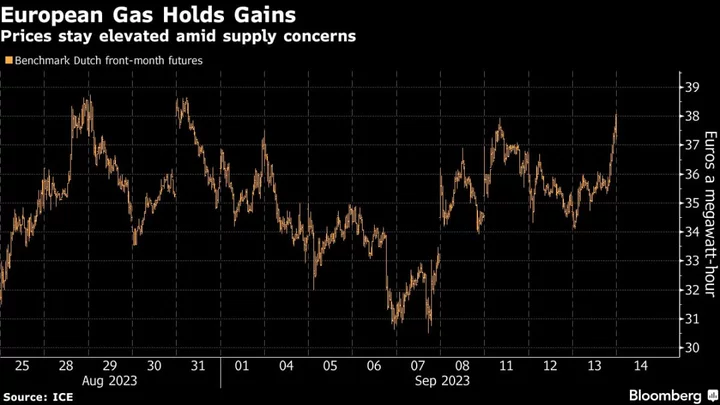The European Central Bank can engineer a return to price stability without too much of a hit to the economy though some uncertainty remains, according to Governing Council member Boris Vujcic.
“If our current projections materialize, then we will have a soft landing with a low sacrifice ratio, meaning without a recession and without a significant increase in unemployment,” the Croatian central-bank chief said in an interview.
“We cannot be certain that it will stay that way until we reach our goal, but in my view the soft landing is still a central scenario,” he added.
Inflation slowed to 2.9% last month, down from a peak of more than 10%, after the ECB raised borrowing costs at the fastest pace in its history.
Officials have warned that getting it down to the 2% target remains tough, and the economy is at risk of a shallow recession after contracting 0.1% in the three months through September.
The war between Israel and Hamas presents a key source of uncertainty as it risks sending energy costs higher. But the extent of any fallout on the euro-area economy is “difficult to say” at the moment, according to Vujcic.
“First, we have to see whether such a shock will happen or not,” he said. “If it does, what is the nature of that shock and what is the extent of the shock? And then we will try to estimate the possible impact on price developments and act accordingly.”
Vujcic also said “it’s too early to think about rate cuts,” echoing comments from some of his Governing Council colleagues in recent days.
“However, we have to stand ready either for a possibility of rate increases or rate cuts, depending on incoming data in 2024,” he said.

